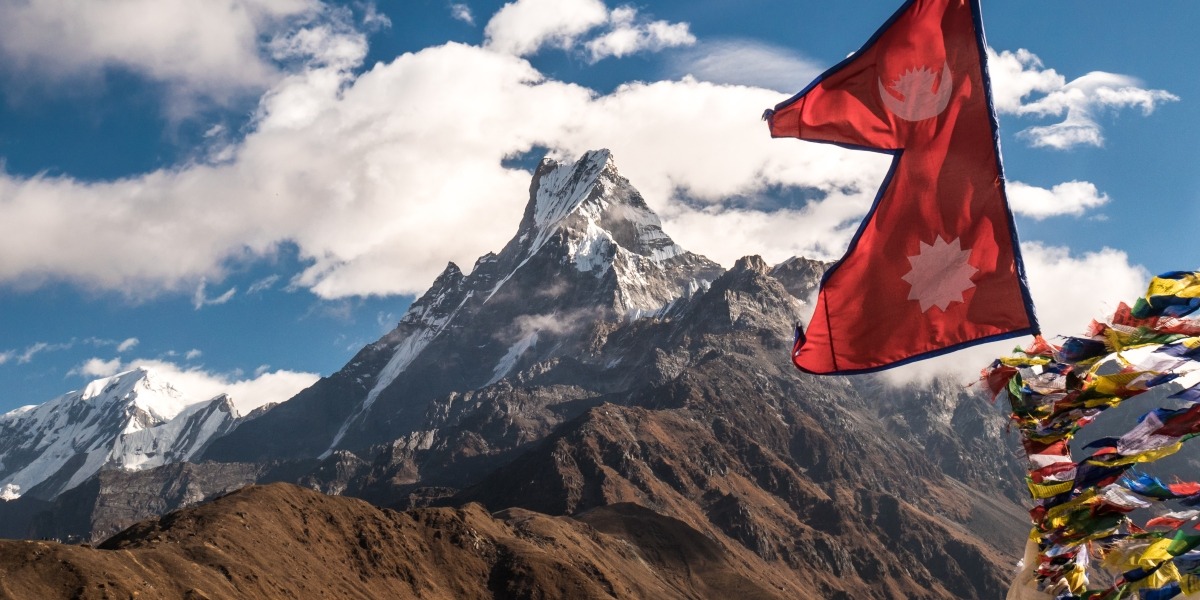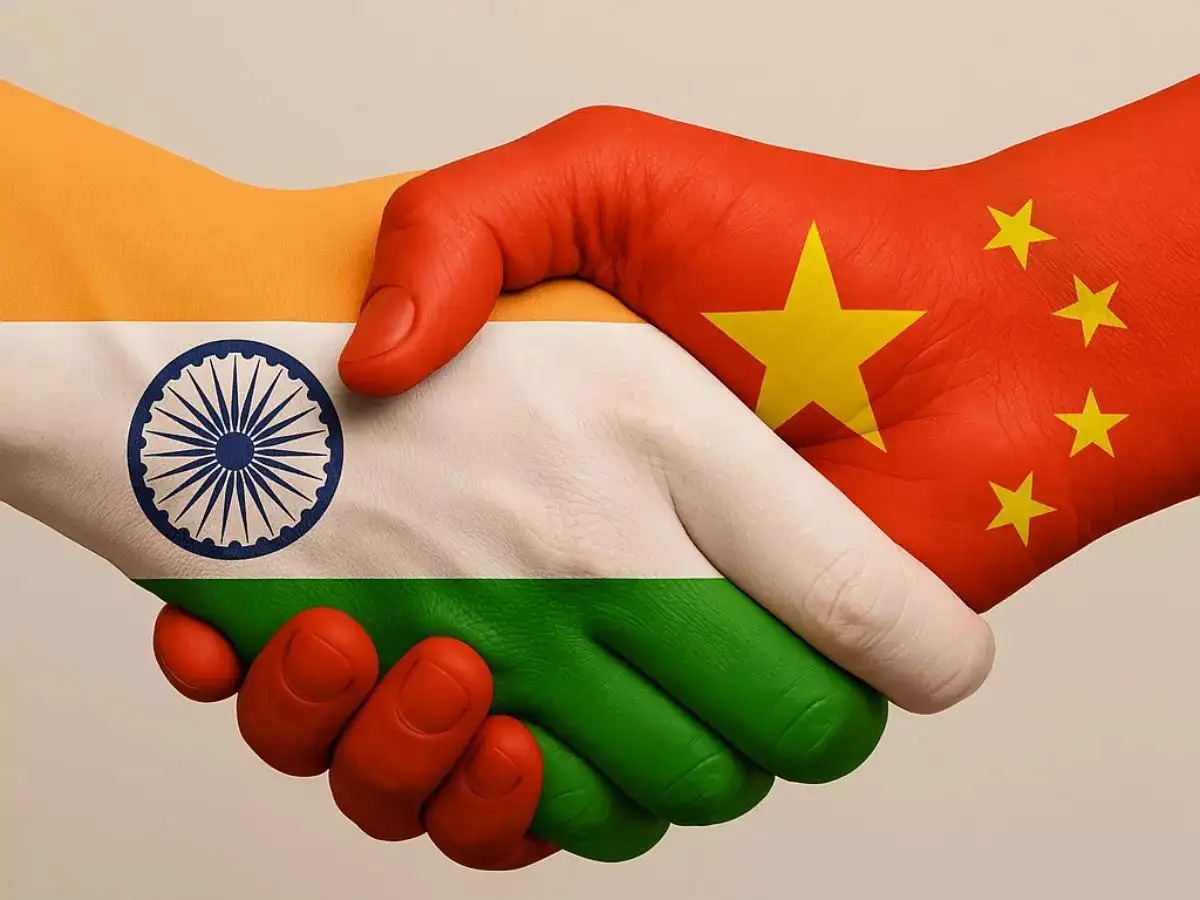
Follow WOWNEWS 24x7 on:

Nepal finds itself at the center of a diplomatic storm as India and China quietly resume trade activities via the Lipulekh Pass, a strategically sensitive and geopolitically contested corridor. This recent development has unleashed a wave of uproar across Kathmandu, raising questions about Nepal’s sovereignty, regional power dynamics, and the implications for trilateral relations in South Asia.
Key Highlights of the Lipulekh Trade Resumption and Nepal’s Response
India and China have restarted cross-border trade through the Lipulekh Pass, which lies in an area of longstanding boundary dispute involving Nepal, India, and China
The trade corridor, primarily used for facilitating commerce between India’s Uttarakhand region and China’s Tibet Autonomous Region, bypasses Nepal’s claims over parts of the contested territory
Kathmandu has expressed strong protest, accusing both neighbors of sidelining Nepal’s territorial rights without consultation or consent
The Nepalese government has summoned diplomats from both India and China, demanding immediate clarification and halting of trade activities until Nepal’s concerns are addressed
Political parties across Nepal have united in condemnation, citing the move as an erosion of Nepal’s sovereignty and a potential diplomatic and strategic setback
Analysts point out that this step intensifies the already sensitive India-China border rivalry and complicates Nepal’s delicate balancing act in regional geopolitics
Historical Context of the Lipulekh Dispute
The Lipulekh Pass is part of a tri-junction area near Nepal’s northwestern border that has been a subject of territorial claims for decades. Nepal contests parts of the route and adjacently claimed areas based on historical treaties and cartographic evidence.
In recent years, India’s Border Roads Organisation and China’s infrastructure push have increased activities in this region, with infrastructure projects aimed at improving connectivity and trade. Nepal’s objections have heightened in parallel, especially after India and China agreed to revive trade mechanisms without including Nepal in consultations.
Economic and Strategic Importance of the Lipulekh Pass
The trade route through Lipulekh significantly reduces transit times between India’s northern states and China’s Tibet, offering economic benefits and strategic connectivity
From China’s perspective, it is an alternate passage to India, bypassing Nepal and enhancing trans-Himalayan trade
For India, it strengthens supply lines and infrastructure in border states, contributing to national security and economic development
Nepal’s exclusion from decision-making on this route creates a sense of political and economic marginalization, undermining its regional influence
Nepal’s Domestic Political Angle and Public Sentiment
The government in Kathmandu faces mounting pressure from opposition parties and civic groups demanding assertive action. Street protests and political debates have centered on safeguarding national territory, safeguarding international law, and upholding Nepal’s dignity.
The incident has rekindled nationalist sentiments, with calls for revisiting foreign policy approaches towards both India and China. Some commentators see this as a test for Nepal’s sovereignty in the face of competing regional powers.
Regional Geopolitical Ramifications
India-China relations are already strained due to border tensions along the Line of Actual Control (LAC), and the Lipulekh trade renewal adds complexity to this dynamic
Nepal’s reaction highlights its increasing concerns about becoming a passive player in decisions impacting Himalayan geopolitics
The incident underscores the challenges smaller states face in navigating the strategic ambitions of larger neighbors
Observers expect diplomatic efforts and possibly trilateral dialogues to restore trust and address Nepal’s grievances while maintaining regional trade flow
Looking Ahead: Potential Diplomatic Developments
Nepal is expected to push for high-level diplomatic talks and potentially seek mediation through multilateral forums to resolve the impasse peacefully. Both India and China have expressed interest in maintaining good neighborly relations with Nepal but have yet to publicly address Kathmandu’s specific complaints in detail.
The coming weeks could determine how South Asia’s geopolitical triangle evolves, balancing economic integration with respect to sovereignty and national interests.
In conclusion, the resumption of trade through the Lipulekh Pass by India and China without Nepal’s involvement has sharply exposed fault lines in regional diplomacy. Kathmandu’s vocal dissent emphasizes the sensitive interplay between geography, power, and diplomacy in the Himalayas, heralding a tense but crucial phase for managing South Asian relations.
Sources: The Hindu, The Indian Express, Kathmandu Post, Al Jazeera, Economic Times



